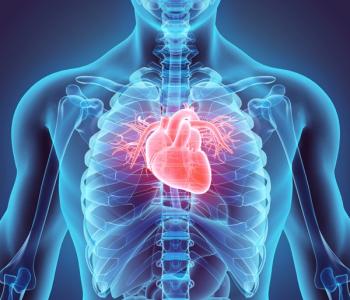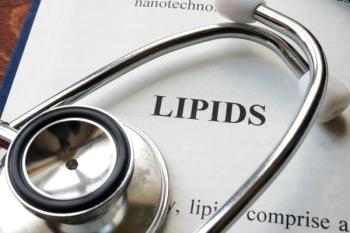
- March 2022
- Volume 39
- Issue 2
Stroke screening for SCA patients falls short
Children with sickle cell anemia (SCA) should receive a yearly screening to identify stroke risk, but a new investigation indicates that many affected children may not be getting it.
Results of a large retrospective study of children with sickle cell anemia (SCA) showed that many providers do not follow widely accepted recommendations for stroke risk screening. According to a protocol endorsed by the National Heart, Lung, and Blood Institute, children aged 2 to 16 years with SCA should have an annual transcranial Doppler ultrasound (TCD) to identify those at high risk of stroke because of elevated blood flow.
To ascertain TCD screening rates at 28 sites across the country, investigators analyzed data for 5116 children with SCA who were eligible for TCD implementation assessment for at least 1 of the 4 study years (2012- 2016). Rates varied widely, ranging from 30.9% to 74.7%. During the study period, 71.4% of patients had at least 1 TCD, whereas 28.6% did not have any. Among patients who should have had at least 4 TCDs, ac- cording to the guidelines, 18% had none. Investigators noted that these unsatisfactory screening rates exist in all areas of the country.
Thoughts from Dr. Farber
Although I am generally a proponent of reducing test use, this is an exception. You may be leaving the handling of your patients with sickle cell disease to a specialty clinic, but as a primary pediatrician, you should still check that the clinic is doing what needs to be done.
Reference
1. Kanter J, Phillips S, Schlenz AM, et al. Transcranial Doppler screening in a current cohort of children with sickle cell anemia: results from the DISPLACE. J Pediatr Hematol Oncol. 2021;43(8):e1062-e1067. doi:10.1097/MPH.0000000000002103
Articles in this issue
almost 4 years ago
How are our children doing right now?almost 4 years ago
Scrutinizing the psychosocial impact of skin diseasesalmost 4 years ago
How pediatricians can help mitigate the mental health crisisalmost 4 years ago
Altered mental state in a 2-year-old boyalmost 4 years ago
Screening adolescents for psychosocial concernsalmost 4 years ago
Bowel management of rectal prolapse: Yes, it worksalmost 4 years ago
Best practices for prescribing medicationalmost 4 years ago
Helping children grieve the loss of a caregiver due to COVID-19almost 4 years ago
Guiding principles in managing pediatric mental health issuesalmost 4 years ago
Routine temperature checks: Is less more?Newsletter
Access practical, evidence-based guidance to support better care for our youngest patients. Join our email list for the latest clinical updates.






